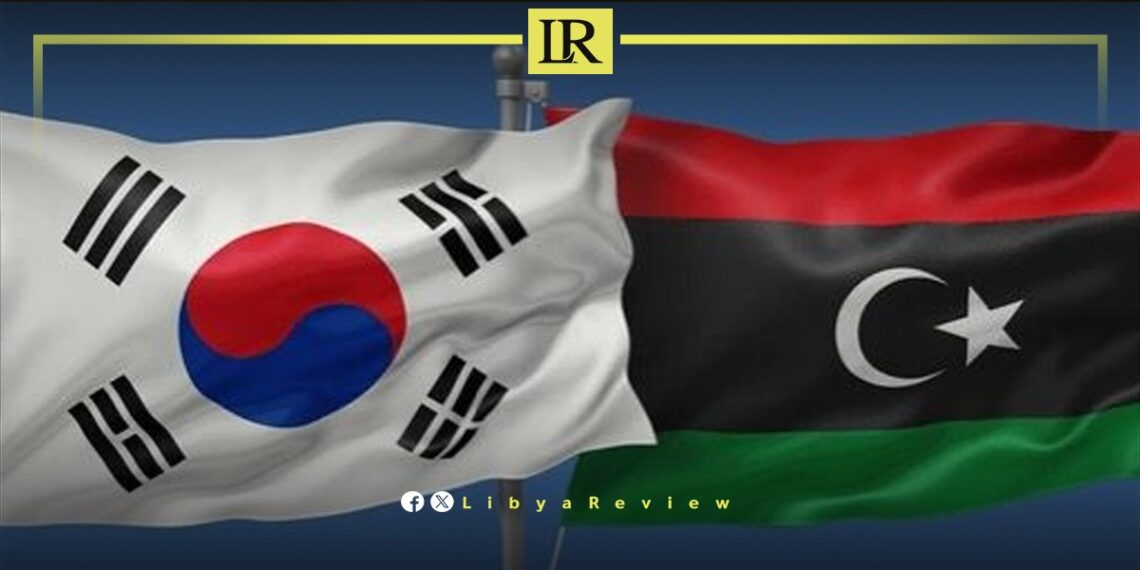The Foreign Ministry of the Government of National Unity (GNU) announced that Prime Minister Abdel-Hamid Dbaiba is working to enhance political and economic relations with South Korea. This initiative comes as part of broader efforts to strengthen Libya’s international partnerships and economic recovery.
In a statement, the Foreign Ministry highlighted that Acting Foreign Minister Taher Al-Baour participated in the preparatory ministerial meeting for the upcoming South Korea–Africa Summit. This summit is scheduled to take place on June 4 and 5. The meeting aims to lay the groundwork for the summit, focusing on boosting political, economic, and social ties between South Korea and African nations.
The ministry emphasized that developing stronger bilateral relations with South Korea is a strategic goal for Libya. This move is expected to open new avenues for cooperation, particularly in areas such as technology, infrastructure, and trade. By fostering these connections, Libya hopes to attract South Korean investment and expertise, which can play a pivotal role in the country’s reconstruction and development efforts.
During the preparatory meeting, discussions centered around various issues of mutual interest. These included enhancing trade partnerships, increasing technological exchanges, and exploring joint initiatives in education and healthcare. The meeting also addressed ways to support political stability and economic growth in participating countries.
The South Korea-Africa Summit aims to strengthen diplomatic ties and promote sustainable development across the African continent.
The statement concluded its statement by reaffirming Libya’s dedication to building strong, mutually beneficial relationships with international partners.
Last month, the Director-General of the Libyan Reconstruction and Development Fund, Belgassim Haftar, signed a technical agreement with the Korean engineering and construction company, DAEWOO E&C.
The agreement includes various fields and programs of the Fund for Development and Reconstruction in Libya, outlining their scheduled implementation.
In a statement, the Fund stated that this agreement is in line with the comprehensive national strategy of the Libya Reconstruction and Development Fund, which aims to expand reconstruction projects across all cities and regions of the country.
Both parties explored mechanisms for strengthening cooperation in infrastructure implementation, including water and sanitation networks, as well as construction, housing projects, roads, bridges, and public facilities.


